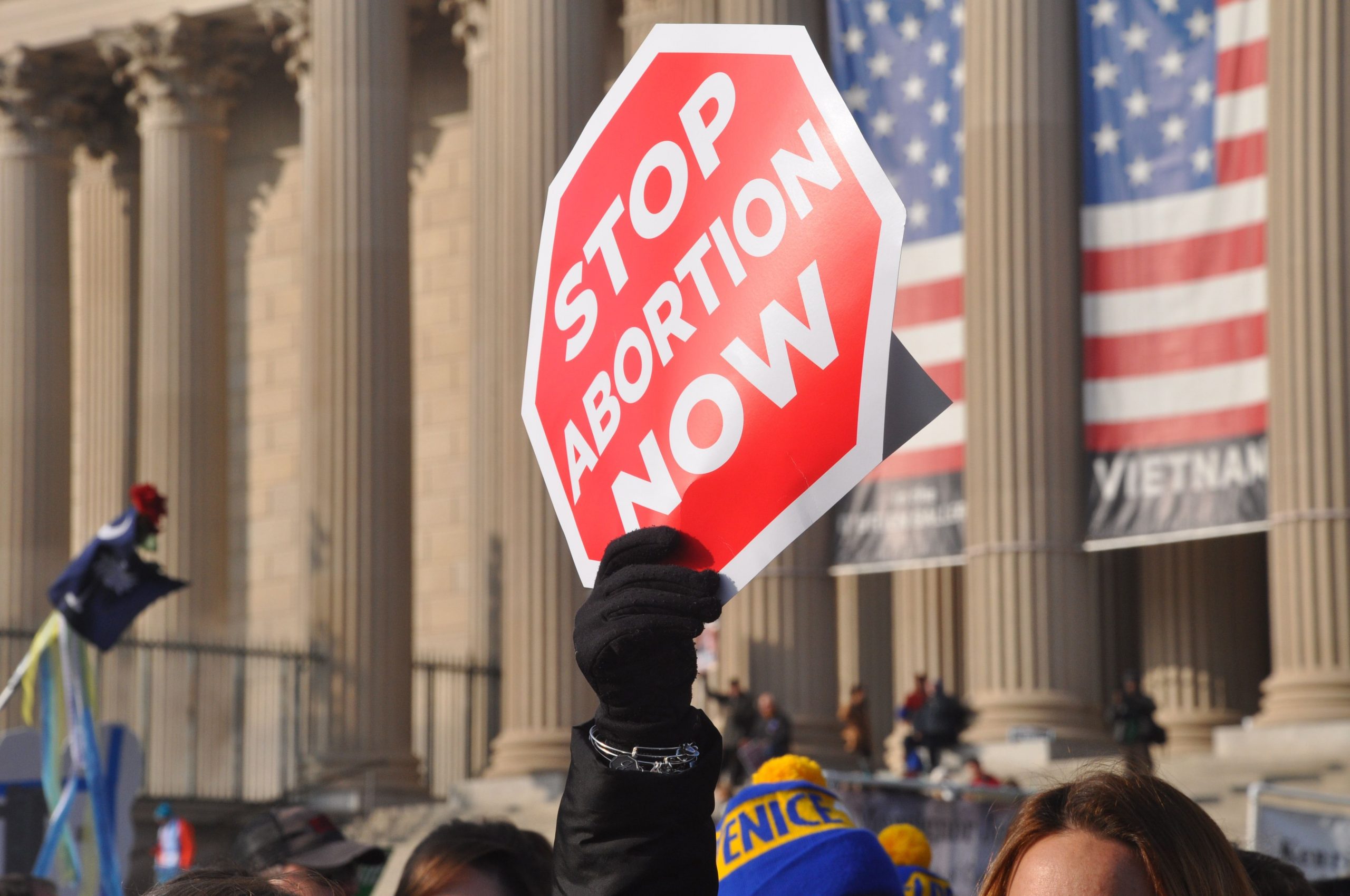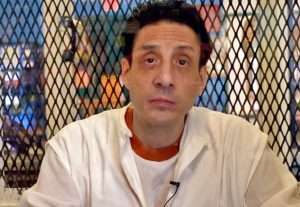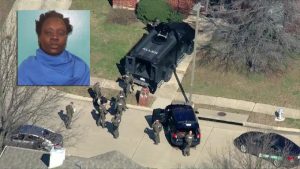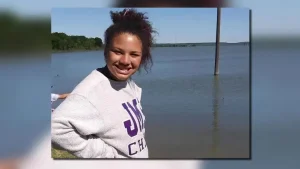The abortion law in the US went into effect, after constant efforts to block it. A near-total abortion ban in Texas gives the liberty to private citizens of sueing an abortion provider on grounds of violating the law. This could potentially lead to harassment and lawsuits from anti-abortion vigilantes, further leading to the shut down of most clinics in the state.
“Abortion access will be thrown into absolute chaos,” Amanda Williams, executive director of the abortion support group the Lilith Fund, told Guardian. “Unfortunately, many people who need access the most will slip through the cracks, as we have seen over the years with the relentless attacks here in our state,” she added.
“It is unbelievable that Texas politicians have gotten away with this devastating and cruel law that will harm so many.”
Senate Bill 8, signed by the Republican governor, Greg Abbott, in May, forbids abortion once embryonic cardiac activity is detected. This happens around six weeks in. The law further offers no exceptions for rape or incest. Since Roe V Wade, Texas is the first state to ban abortion this early in pregnancy
Also Read | Mississippi asks US Supreme Court to end right to abortion
The Texas version primarily favours government officials by shielding them from enforcements. This, however, makes securing legal challenges more difficult and instead incentivises private citizens in the country to bring civil suit against abortion providers or anyone who supports the procedure.
The law “immediately and catastrophically reduces abortion access in Texas”, say state abortion providers, and will probably force many abortion clinics to ultimately close, according to a Guardian report.
Some abortion provider in Texas have chosen to stop their services, in a bid to avoid the isk of frivolous and costly lawsuits.
“We are all going to comply with the law even though it is unethical, inhumane, and unjust,” Dr Ghazaleh Moayedi, a Texas abortion provider and OB-GYN, said. “It threatens my livelihood and I fully expect to be sued. But my biggest fear is making sure the most vulnerable in my community, the Black and Latinx patients I see, who are already most at risk from logistical and financial barriers, get the care they need.”







